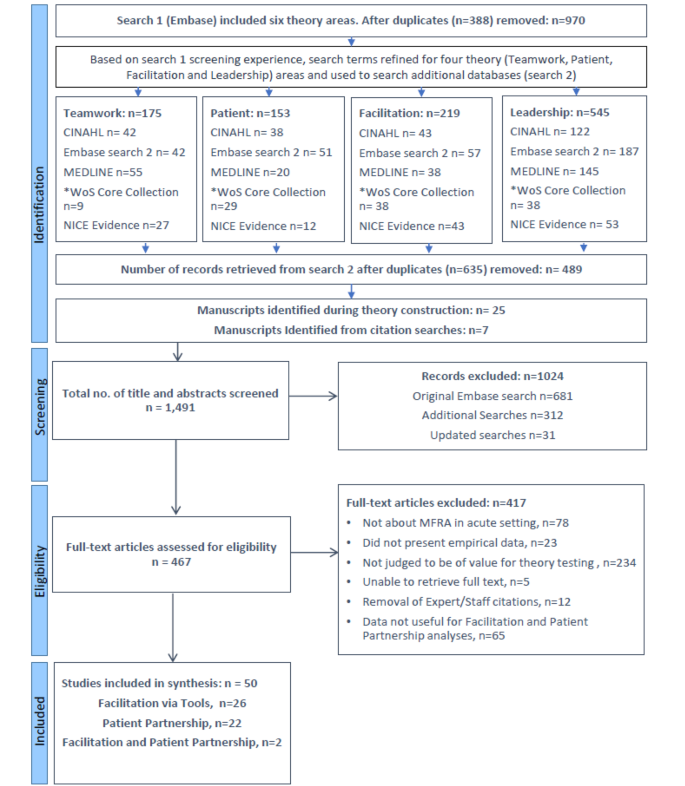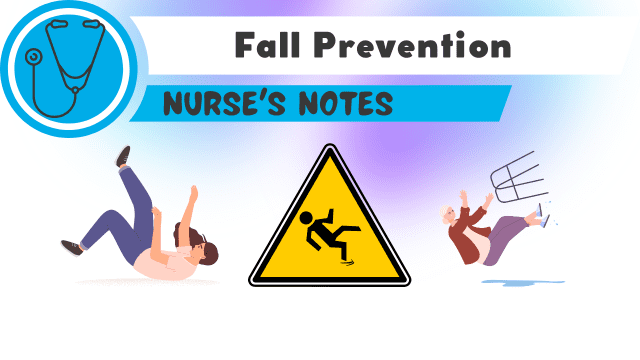Some Known Questions About Dementia Fall Risk.
Wiki Article
Facts About Dementia Fall Risk Revealed
Table of ContentsDementia Fall Risk for DummiesGetting The Dementia Fall Risk To WorkSome Known Facts About Dementia Fall Risk.Getting The Dementia Fall Risk To Work9 Easy Facts About Dementia Fall Risk Explained
The FRAT has 3 sections: fall danger standing, danger factor list, and action plan. A Fall Threat Standing consists of data concerning history of recent falls, medicines, emotional and cognitive status of the patient - Dementia Fall Risk.If the individual scores on a risk element, the equivalent number of points are counted to the individual's loss threat rating in the box to the far. If a client's fall threat rating amounts to five or higher, the individual is at high danger for drops. If the individual ratings only 4 factors or reduced, they are still at some risk of dropping, and the nurse needs to utilize their finest professional evaluation to handle all autumn danger elements as component of an alternative treatment plan.
These standard techniques, in general, help create a risk-free atmosphere that reduces unexpected falls and marks core preventive procedures for all patients. Indicators are essential for people at risk for drops.
The Basic Principles Of Dementia Fall Risk
Wristbands need to consist of the patient's last and initial name, date of birth, and NHS number in the UK. Just red shade needs to be made use of to signal special patient standing.
Items that are too far may need the person to connect or ambulate unnecessarily and can possibly be a danger or add to falls. Helps stop the client from heading out of bed without any type of support. Registered nurses react to fallers' telephone call lights faster than they do to lights initiated by non-fallers.
Aesthetic impairment can significantly cause drops. Hip pads, when worn properly, might lower a hip fracture when autumn happens. Keeping the beds closer to the flooring minimizes the risk of falls and significant injury. Placing the cushion on the floor dramatically decreases loss danger in some medical care settings. Low beds are designed to decrease the range a patient drops after relocating out of bed.
The Best Strategy To Use For Dementia Fall Risk
Clients who are high and with weak leg muscular tissues that attempt to remain on the bed from a standing position are most likely to drop onto the bed due to the fact that it's as well reduced for them to reduce themselves securely. If a tall person efforts to get up from a reduced bed without help, the client is likely to fall back down onto the bed or miss the bed and drop onto the flooring.They're created to advertise prompt rescue, not to stop falls from bed. Audible alarm systems can additionally advise the individual not to stand up alone. The usage of alarm systems can also be a replacement for physical restraints. In addition to bed alarm systems, enhanced guidance for high-risk patients likewise might assist stop falls.

Clients with an evasion stride increase autumn chances significantly. To minimize autumn danger, footwear should be with a little to no heel, slim soles with slip-resistant tread, and support the ankles. Encourage patient to utilize nonskid socks to avoid the feet from sliding upon standing. Nonetheless, motivate people to wear appropriate, well-fitting shoesnot nonskid socks for motion.
Dementia Fall Risk Can Be Fun For Anyone
People, specifically older grownups, have actually reduced visual ability. Lights a strange setting helps raise exposure if the individual have to stand up during the night. In a research study, homes with sufficient lighting record fewer falls (Ramulu et al., 2021). Renovation in illumination at home might minimize autumn rates in older grownups (Dementia Fall Risk). look what i found The use of gait belts by all health and wellness treatment providers can advertise security when assisting individuals with transfers from bed to chair.
Caretakers are efficient for ensuring a secure, safeguarded, and check my source secure atmosphere. However, studies showed extremely low-certainty evidence that sitters reduce loss danger in severe treatment medical facilities and just moderate-certainty that options like video tracking can reduce sitter usage without boosting fall threat, recommending that sitters are not as valuable as at first believed (Greely et al., 2020).
Dementia Fall Risk for Dummies

Boosted physical fitness reduces the threat for drops and limits injury that is received when fall takes place. Land and water-based exercise programs might be likewise useful on equilibrium and stride and consequently lower the threat for drops. Water exercise may contribute a positive advantage on balance and stride for look at this website women 65 years and older.
Chair Increase Exercise is an easy sit-to-stand exercise that aids strengthen the muscle mass in the upper legs and buttocks and enhances flexibility and independence. The goal is to do Chair Increase workouts without using hands as the client comes to be more powerful. See resources section for an in-depth instruction on just how to perform Chair Increase workout.
Report this wiki page